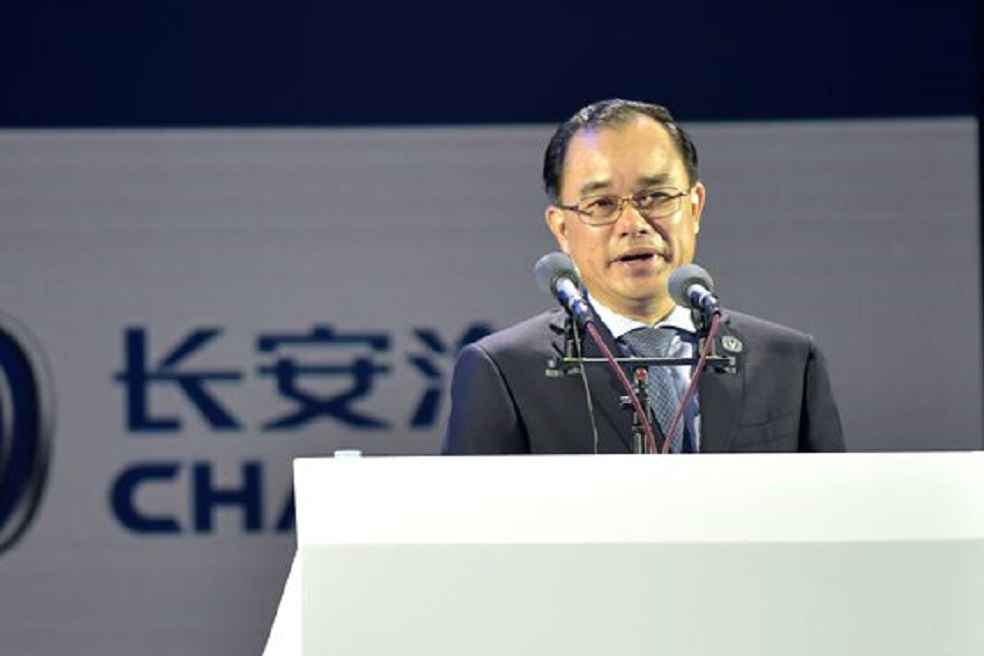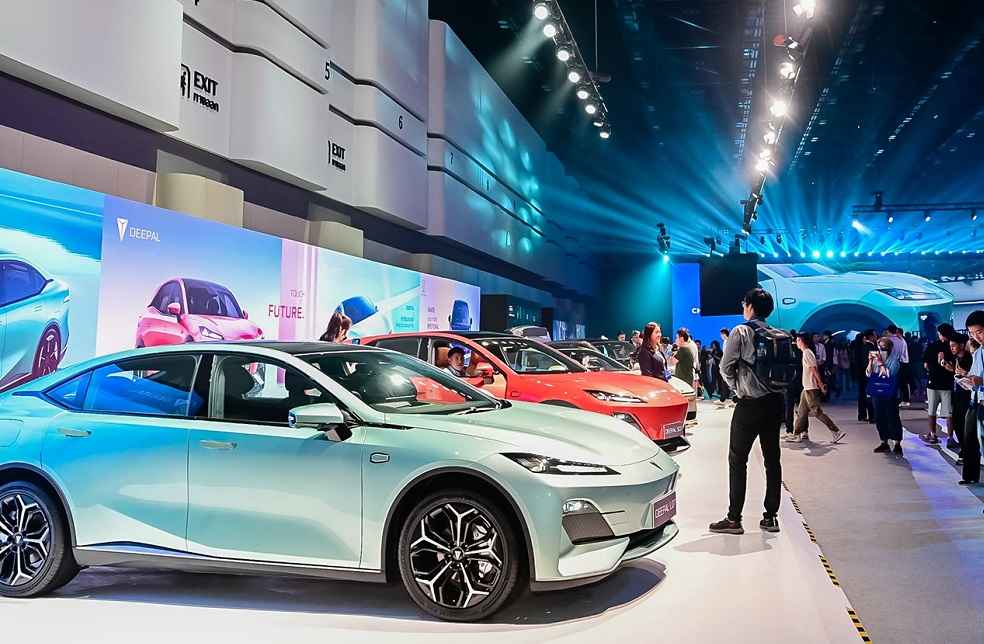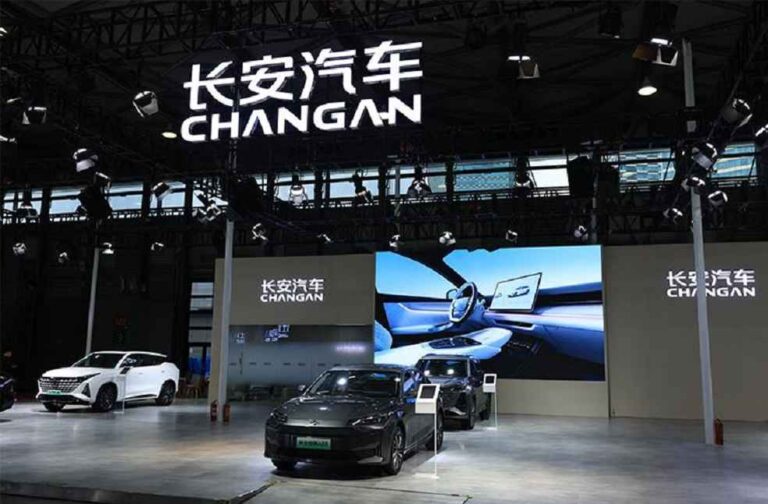Changan Automobile, a Chinese state-backed automaker, announced its plans to officially enter the European market in 2025 as part of an ambitious global expansion strategy, Chairman Zhu Huarong revealed at a recent conference.
The Chongqing-based company will also establish a Brazilian unit in 2024 to enhance its presence in South America and introduce its three marques—Changan, Deepal, and Avatr—to the Middle East. Additionally, Changan plans to operationalise its plant in Rayong, Thailand, and launch a factory for knocked-down vehicle assembly in the Commonwealth of Independent States.
This year, Changan laid the groundwork for its European expansion by setting up a German subsidiary to handle sales, marketing, customer service, and market analysis. The company’s mid-year investor report disclosed ongoing studies for building production bases in Europe and plans to introduce six new energy vehicle (NEV) models in the European market by 2027.

Bold Sales Targets
For 2024, Changan aims to achieve sales of three million units, generating a revenue of CNY300 billion ($41.1 billion). Of these, one million units are expected to be overseas sales, and another million will be NEVs. By 2030, Changan targets annual sales of five million vehicles, with 3.5 million being electric and 30% exported.
China’s broader auto industry is projected to sell 32 million units in 2024, rising to 35 million by 2030. Globally, car sales are expected to approach 100 million units next year and reach 108 million by 2030.
NEV and Export Growth
Zhu forecasted China’s NEV penetration rate to hit 47.2% this year and grow to 80% by 2030. Over the next three to five years, NEVs and their extended variants (XEVs) are predicted to each constitute 40% of the market, leaving internal combustion engine vehicles with a 20% share.

China’s auto exports are anticipated to reach six million units this year, increasing to 6.8 million in 2024. Changan’s total sales are expected to rise 5.1% in 2023 to 2.7 million units, with overseas sales surging 47.9% to 530,000 units.
“Moving the industrial chain overseas is becoming a general trend, with global resource integration becoming a certainty,” Zhu stated, emphasising the importance of global market connectivity. He also highlighted emerging trends in areas such as brand growth, competitive dynamics, and low-altitude economies.
TOP CARS | Unique Rolls-Royce Dakar Rally Car Sold for $622K in Public Auction





